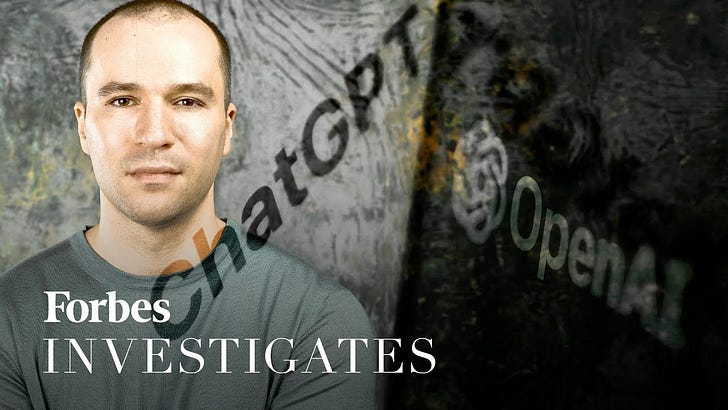In short, philosophizing is thinking that must not only explore cause-and-effect relationships but also involve contemplation, so the details can be grasped intuitively.
It is like someone contemplating the sweetness of honey or the sensation of pain, rather than merely thinking about the sweetness of honey or the experience of pain.
Although both "thinking & contemplating" provide an understanding of a cause-and-effect relationship, thinking brings our perception to something to be contemplated. It's like the vehicle of thought tracing a map to ensure the truth of the relationship between one point (word) and another point (the next word), which is further followed by contemplating the "something" that lies in the meaning of the final point.
It’s like someone who seeks to confirm the truth of a statement by verifying the causal relationships between its components (the meaning of the words). Whereas contemplating is the attempt to observe each point along the journey to ensure its details, whether there is a pharmacy, its shape, or other characteristics of each point (the meaning of the object) of the cause-and-effect that is passed until the final point. Through contemplation, one gains a more detailed experience of the nuances of a statement.
The consequence of contemplation throughout the path of tracing cause-and-effect via the vehicle of thought will provide broader knowledge so that the map of the thought journey may shift toward something more relevant.
Thus, contemplation must accompany the process of thinking to broaden insight and avoid misdirection that was previously considered true, allowing the truth or falsity of something to be understood long before it is acknowledged.
This process of contemplation signifies an effort to understand the map of cause-and-effect relationships more realistically.
Therefore, contemplation is necessary to ensure the process of thinking represents reality more accurately (in more detail – more realistically).
Before arriving at a more profound understanding of "armchair philosophy," the concept of "thinking" and the need for "contemplation" has been sufficiently clarified as synergizing to form a more realistic philosophical approach.
However, the realistic dimension still needs further understanding.
Rationality & Realism
Tracing cause-and-effect relationships through mere thought is only rational (which is not necessarily realistic). For example, "a straight line is the shortest distance between two points," but it is not realistic because the shortest distance between two valleys might have a non-straight contour.
Contemplation brings our observations closer to reality, revealing a more accurate state (more realistic).
However, contemplation is not a guarantee of fully uncovering reality. Why? Because contemplation merely stimulates our memory of forgotten details.
The Forgotten Reality
The foundation of contemplation to obtain details closer to realism also requires empirical evidence. Without empirical evidence, contemplation cannot reveal the forgotten realistic aspects.
METAPHYSICS - Intuition
Yet, contemplation not only reveals forgotten or unnoticed details but, through focused contemplation, can "download" (inspire) internal knowledge relevant to the object being contemplated.
However, the results of contemplation must be empirically tested. At the very least, the concept should be a logical consequence that does not contradict the thought process.
Testing the inspiration from contemplation empirically does not necessarily mean involving concrete objects, but rather by seeing the logical consequence's connection to empirical evidence.
Absolute Truth
Armchair philosophy should lead to absolute truth. Why?
"The number of a whole is equal to the sum of its parts." This is an absolute universal truth.
So how can we, who experience life in a limited way, understand the farthest corners of the universe to comprehend universal truth? This is because our limited perception (like a CCTV) serves as the initial data to connect with broader internal intuitive data, which is relevant to the initial data, thus expanding the initial limited data to something more vast or even universal.
Something cannot surpass itself unless it receives something from outside itself | From one cup of tea, you cannot pour a gallon of tea unless it gets more tea from outside the cup.
The essence is that it is impossible for our limited experience to comprehend universal truth unless there is an addition (completion) through another truth beyond sensory perception (i.e., receiving additional information from within – intuitively).












Share this post